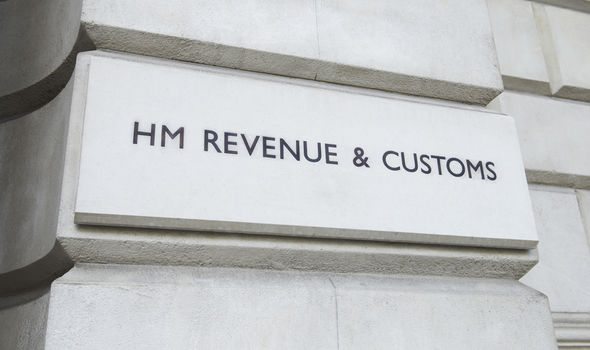HM Revenue & Customs is secretly collecting evidence about the financial affairs of suspected tax dodgers from professional service businesses.
HMRC’s Criminal Investigation Directorate issued 1,414 production orders to accountants, lawyers and other professional service firms in the year ending March 31, 2018.
The trend is for HMRC to issue more orders each year – in the 12 months to March 31, 2017 1,507 orders were sent out, up a fifth on the 1,276 ordered in the previous year.
The orders demand professional businesses hand over confidential financial data about clients without informing them an investigation is underway.
The data comes from law firm RPC, which obtained the details under a Freedom of Information request.
Taking legal advice
Partner Adam Craggs said: “When HMRC applies to the court for a production order, it is important the intended recipient obtains expert legal advice as soon as possible and makes appropriate representations to the court. This can lead to the court rejecting HMRC’s application.”
He also explained production orders can trigger ‘serious practical difficulties for taxpayers and their businesses”, for example lenders calling in loans.
“In addition, HMRC criminal investigations normally take several years to complete and although they frequently do not lead to a subsequent criminal prosecution, taxpayers are subjected to a great deal of stress and uncertainty while they await the conclusion of the criminal investigation,” said Craggs.
“It is of little comfort to a taxpayer to be informed that, after several years of investigation – often at great personal and emotional cost for the taxpayer concerned – HMRC has decided not to pursue criminal proceedings.”
Compliance tightrope for advisers
Firms subject of production orders walk a tightrope of compliance and client confidentiality when considering which documents to hand to tax investigators.
“Firms are often placed in a difficult position,” said Craggs. “If they do not comply with a production order, this could lead to criminal sanctions but, if they provide too much information, they could face a legal claim from their client.”
He added many of taxpayers under investigation have invested in employee benefit trusts and film finance investment.
An HMRC spokesman told web site Business Matters: “Tax planning isn’t a crime and HMRC only criminally investigate arrangements presented as avoidance or tax planning if it suspected they were actually fraudulent”.
